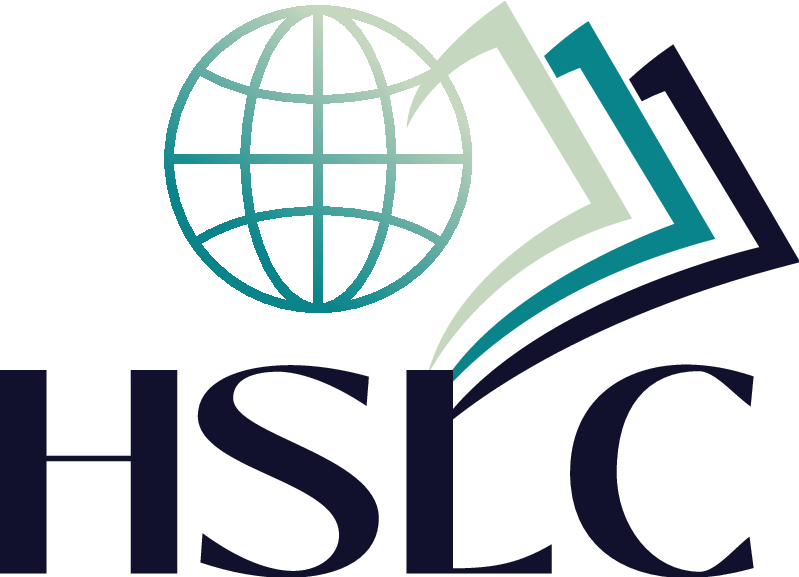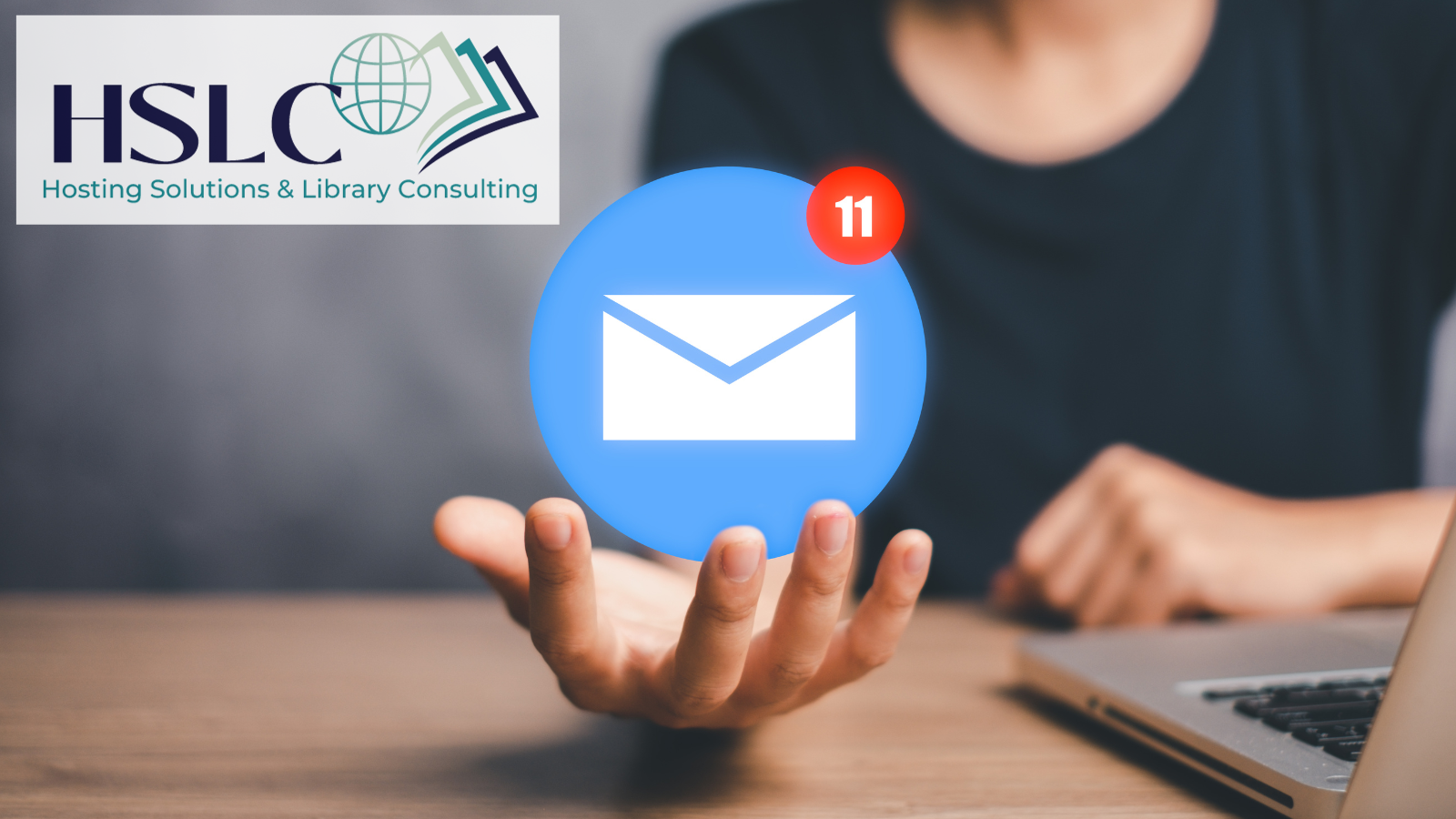My favorite professional influencer to follow is Mychal Threets.
He absolutely, unequivocally gets IT – the fact that the most important role of a library administrator is to build (and sustain) community within their service area and, dare I say it, beyond…
… which is exactly why I have a seemingly irrational, yet deep-seated animosity towards generic, role-based library administrator email addresses.
Wait, what? Stay with me here – that is not the non-sequitur you believe it to be. 😊
All across Pennsylvania – and, to be fair, in many other states with large swathes of rural, widely-dispersed communities – library directors are using email addresses such as director@namememorialpl.org or even namememorialpl@gmail.com.
At first glance, the fact that something so ostensibly innocuous could garner such professional derision seems ludicrous. But if you take the time to deconstruct my stance, you’ll see that, much like Ron Burgundy, it’s kind of a big deal.
People who didn’t grow up with and on the internet have a very different view of the digital world than those who did. It’s the fact that launched a million memes. For those Millennials and GenZers, online relationships aren’t two-dimensional; they are genuine, multi-faceted connections with true emotional investment. In fact, nearly 40% of Americans say they have friends they interact with solely via the internet, and that number is growing.
So what’s that got to do with email addresses? Or building community, for that matter?
Millennials and GenZers seek out human connection online, not just information. So, receiving an email or newsletter from namememoriallibrary@gmail.com simply will not resonate. There’s nothing – no human – with which to connect. And therefore, no keystone upon which to construct a communal framework is laid.
But if they get an email or newsletter from Marion.Paroo@namememorialpl.org, well, that’s a person – a human being – one with whom they can connect. And once you have them connecting with that person, and they connect that person with the institution, then the road is paved for emotional investment in the outcome of the library. And the emotional investment is what lays the groundwork for building community.
And remember, emotional investment leads to fiduciary investment. Why else do you think the SPCA has such success with those pitiful animal cruelty shots superimposed with Sarah McLachlan’s plaintive vocals?
Once more for the people in the back: Emotional investment leads to fiduciary investment.
So, when your community is tuned in with you, the library director, the FACE of the library, the wheels have already been greased for when you make that monetary ask, when you launch your capital campaign, when you solicit testimonials to fuel your grant application.
But this begs the question: if the email address for the director changes every time the library gets a new director, it will change every 12-18 months. Won’t that actually look worse?
Well, that depends on your view – whether it’s short-term or you’re in it for the long game.
In the immediate future, yes, it’s going to make it real hard to ignore the fact that the library board, whether due to financial and/or personal factors, is unable to sustain a relationship with a director… and that’s a big red flag. And truth be told, your community leaders and even your local media may pick up that flag and run with it. Potentially problematic – a threat if you will – but viewed with a wide-angle lens, it’s far more of an opportunity. Those emotionally invested Millennials, as we have seen, love to target those red flags. And whether it’s an HR issue, a financial issue, or a personnel issue, you will get the support you need to start to fix it.
Yes, it may take a few cycles, but YOU, the current library administrator, can lay the groundwork for future success. The easiest change you can make to start this journey is to change the username on the email account, even if the email address itself stays generic. It’s much better to receive an email from “Erin Halovanic director@namememorialpl.org” than “Library Director director@namememorialpl.org” for sure.
There are several other simple, low-cost changes you can make to build upon this approach. If you want to start tackling it, but have no idea what to do next, I’m here to assuage your fears – the struggle is real. And HSLC can help. Just fill out our Consultation Request Form and we’ll get started!
Wishing you all a fabulous 2024!

Erin Halovanic, Director of Library Services


